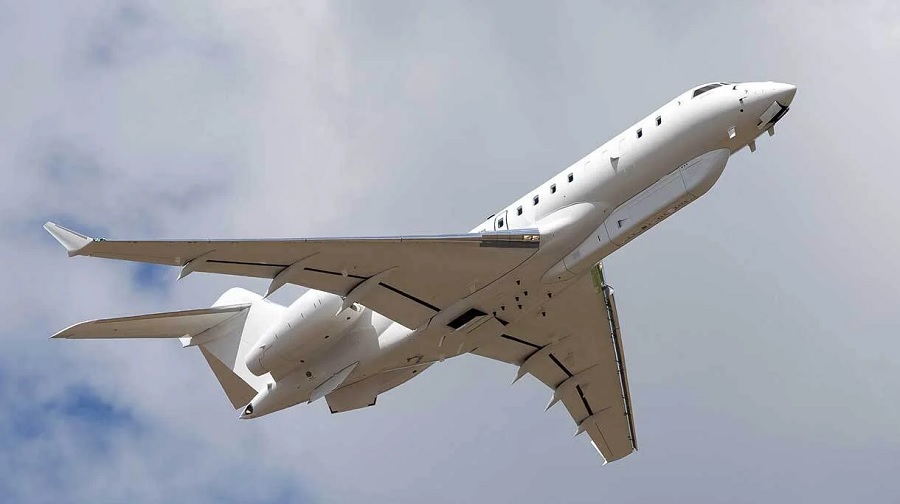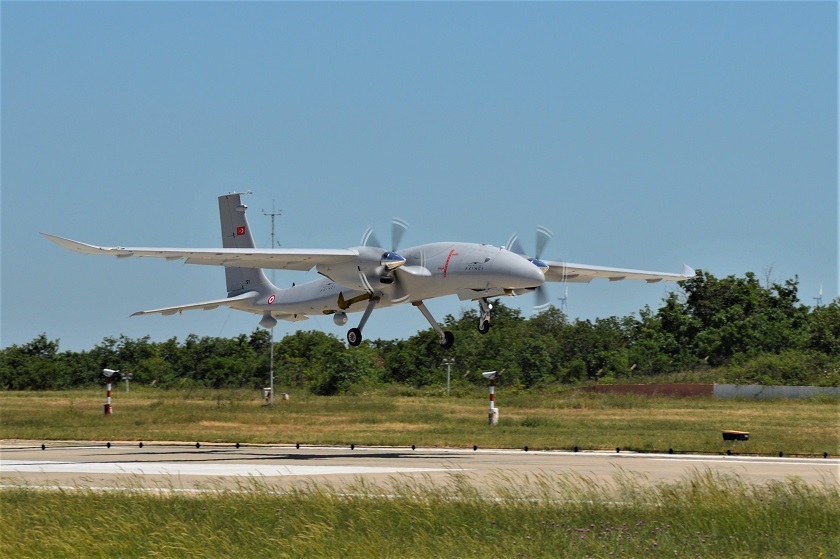“For the future-oriented FCAS project, we need new ideas and the courage to implement them – which is why we focused explicitly on players who are not yet firmly anchored in the security and defence industry. With the accelerator, we set ourselves the goal of identifying and selecting first-class innovators,” said Celia Pelaz, Chief Strategy Officer at HENSOLDT. “We have succeeded in doing just that.”
Almost 70 companies responded to the call to apply for the accelerator. HENSOLDT and the CPT selected nine of them for a boot camp with twelve mentors, focusing on the discovery and development of solution concepts for FCAS and examining long-term integration into the FCAS programme. This included an exchange with military leaders, but also a presentation of the NATO Innovation Fund, the European Defence Fund (EDF) and the EU Defence Innovation Scheme (EUDIS).
“The three start-ups we will be working with for FCAS are focusing on artificial intelligence, disruptive sensors and electronic materials and components, respectively. More specifically, this involves a new type of chip-based parallel computing cloud platform, the development and production of cooled high-end infrared detectors and new types of metal bonding processes with higher conductivity and efficiency,” explained Moritz Pichler, Executive responsible for HENSOLDT Ventures. There will also be collaboration with two other start-ups.
Member of the German Bundestag Florian Hahn, CSU, paid tribute: “What we are seeing today at the FCAS Accelerator closing event is that start-ups are able to make a decisive contribution to high-tech projects.” He added: “They all represent what we need in Germany and Europe: Courageous people who are pioneers and develop technology that will determine our security in the future.”
A further accelerator programme is currently being planned and could start as early as autumn 2024.




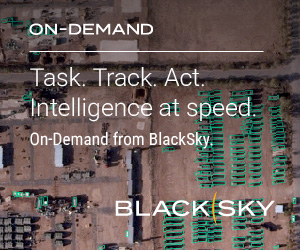
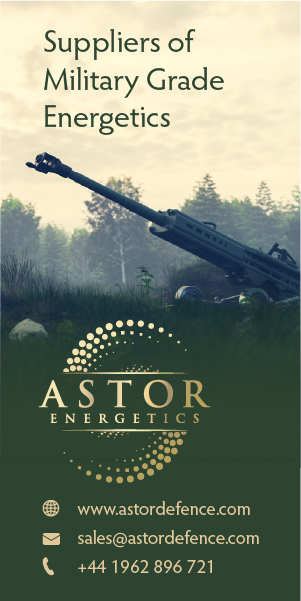

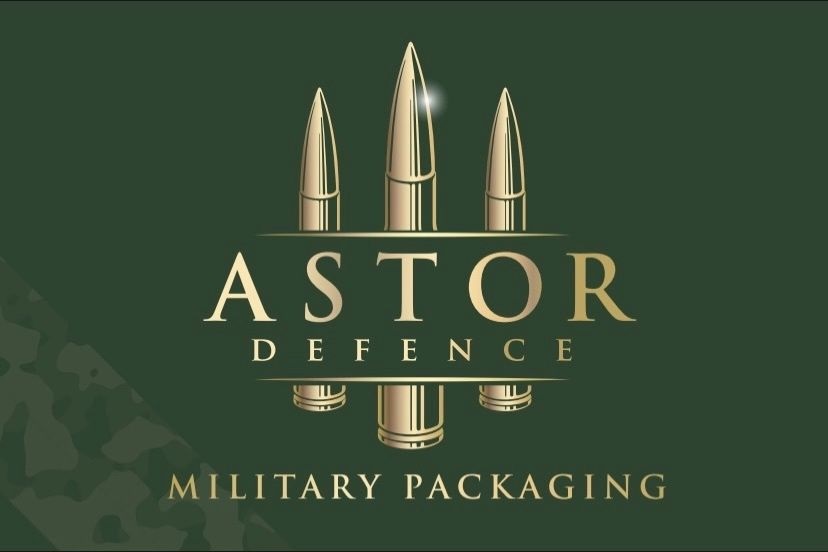

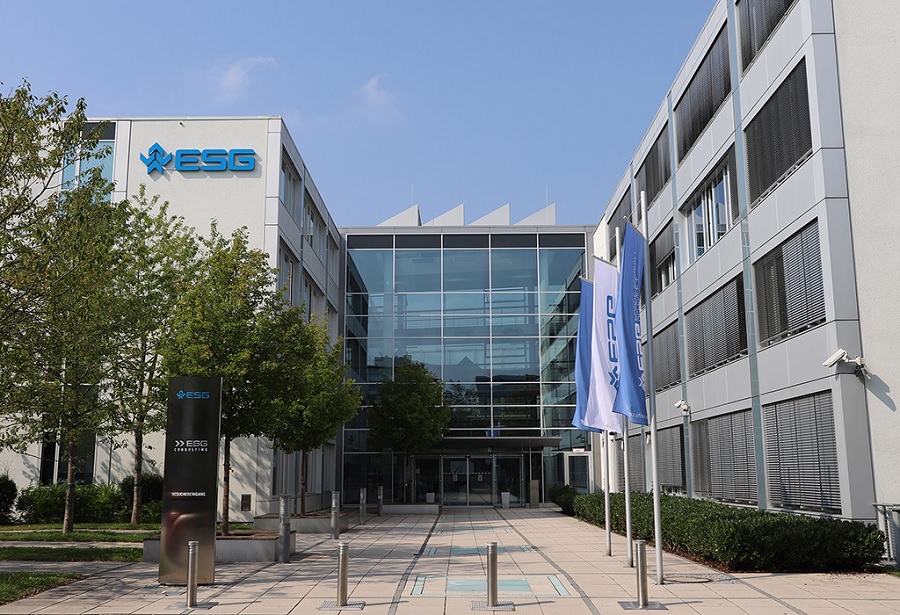
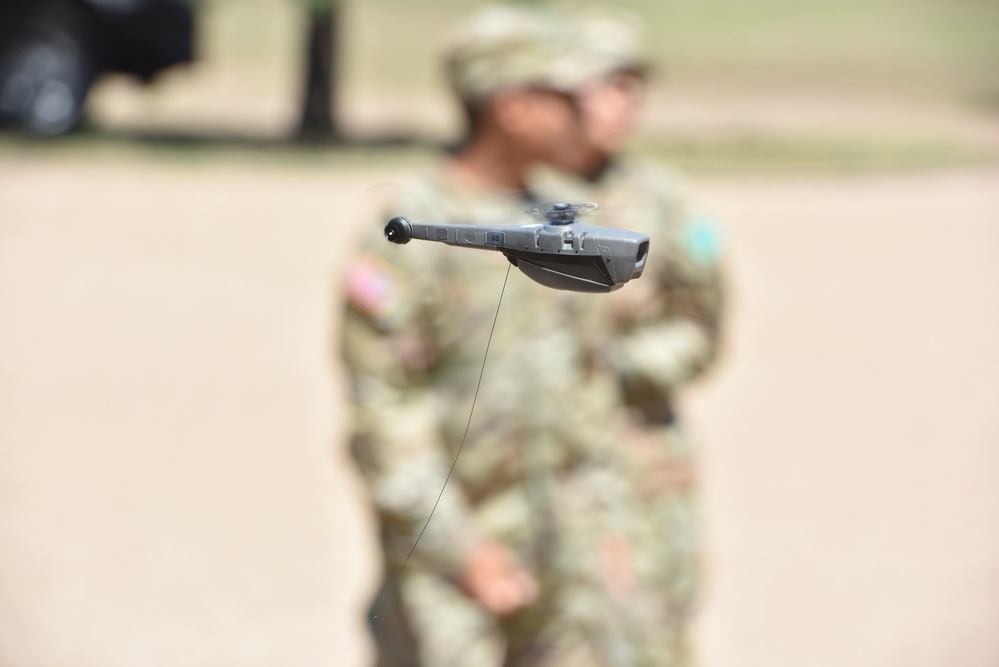
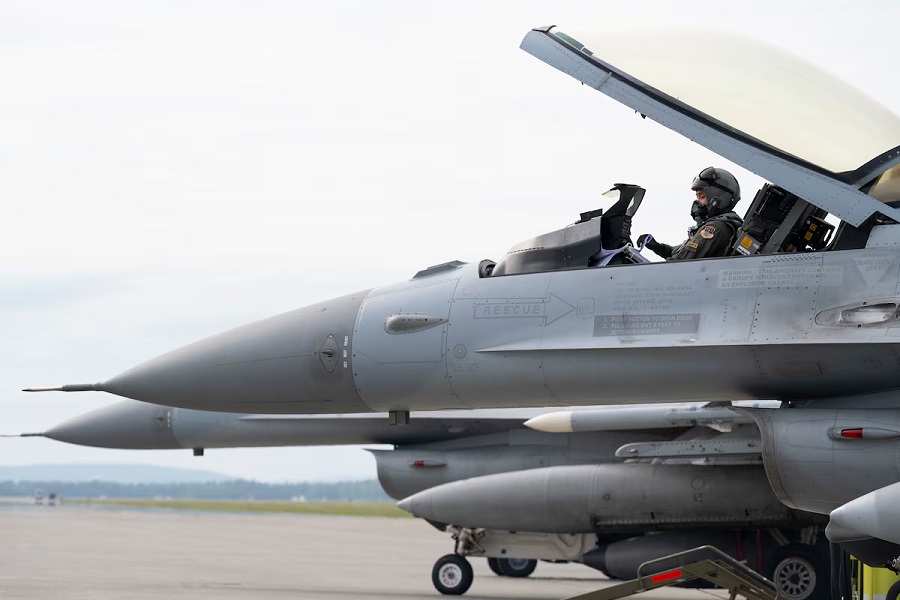
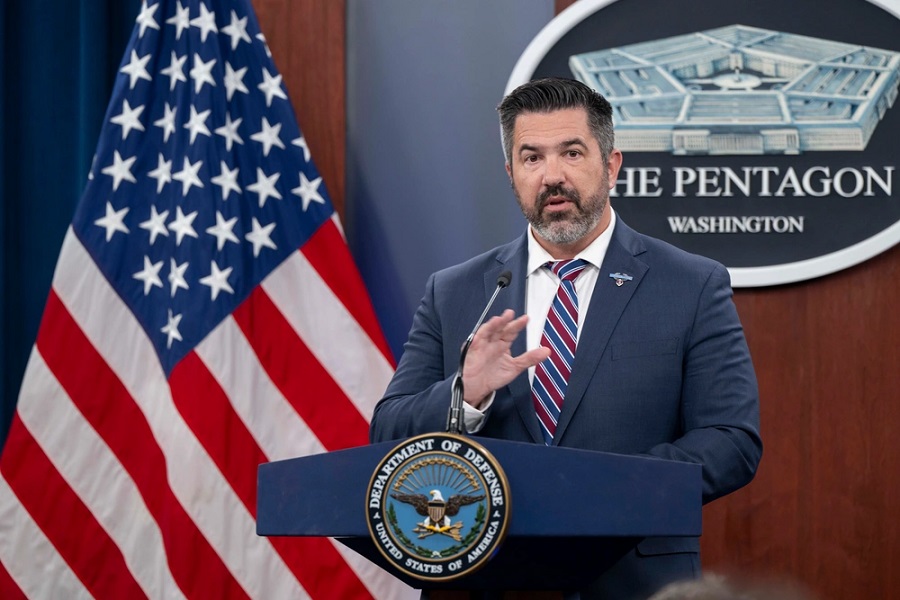
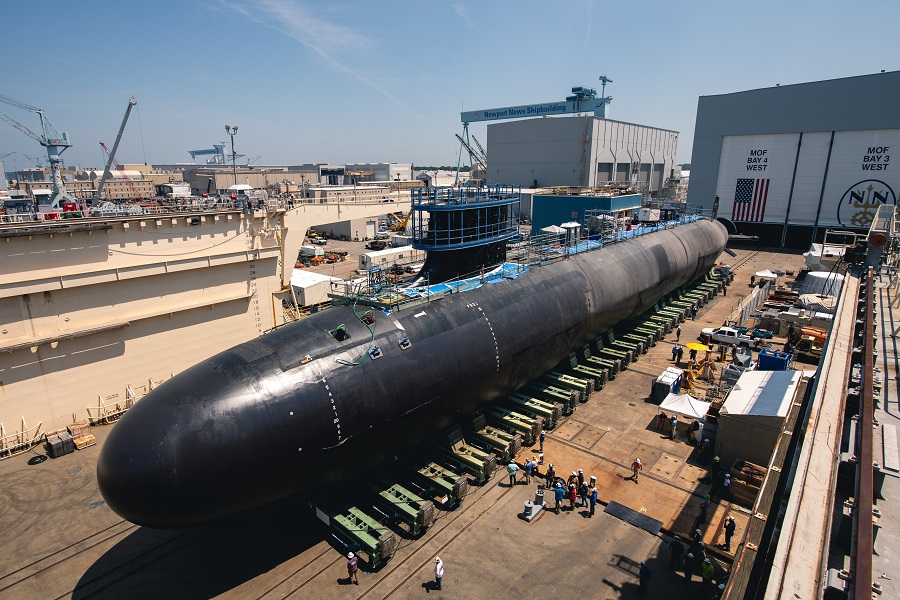

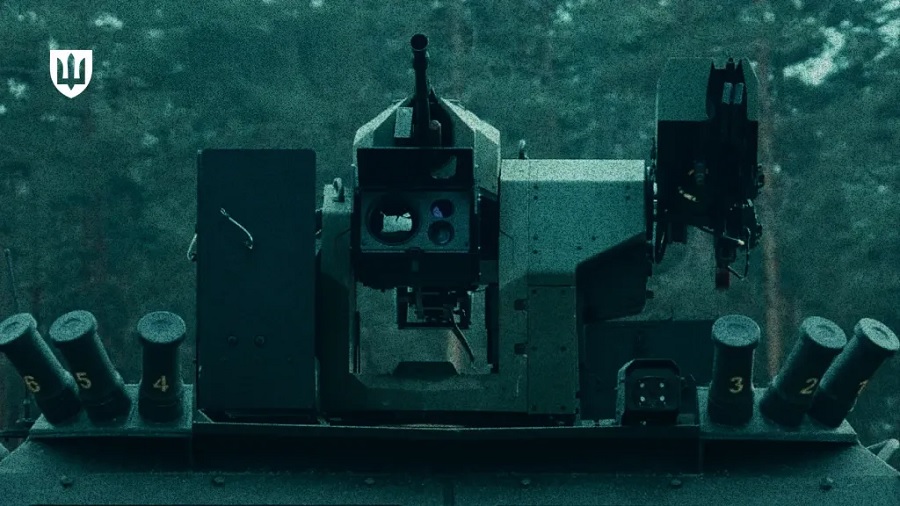
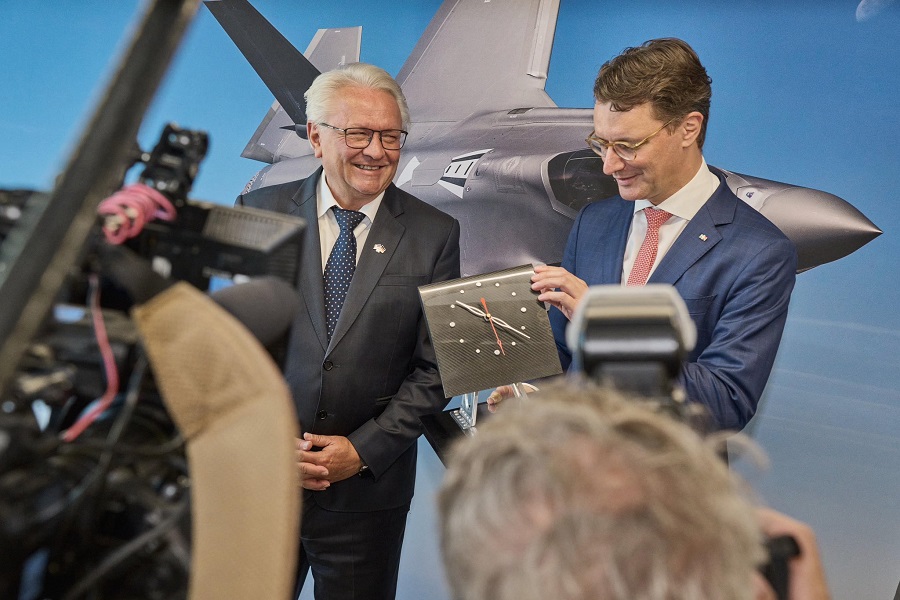
![KNDS: MARS 3 successfully launches Naval Strike Missile in first live-fire test [VIDEO]](https://defence-industry.eu/wp-content/uploads/2025/07/MARS-3-successfully-launches-Naval-Strike-Missile-in-first-live-fire-test-VIDEO.jpg)
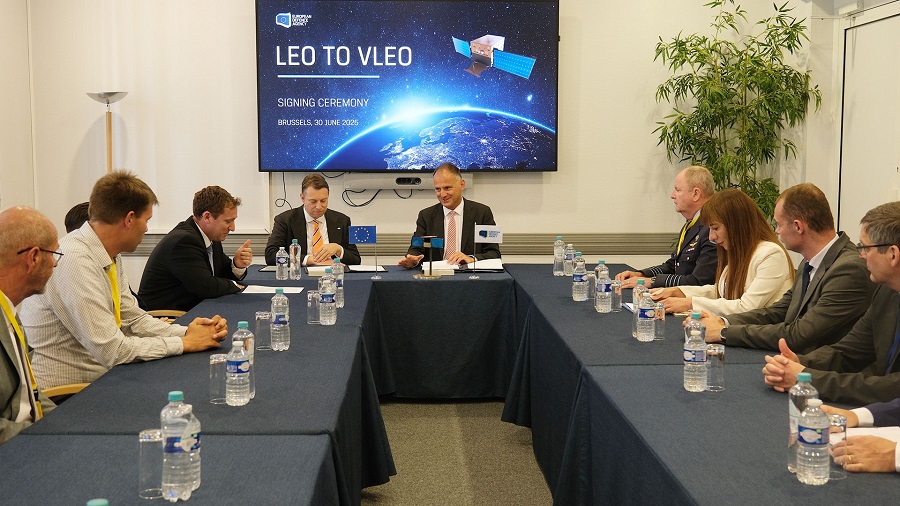
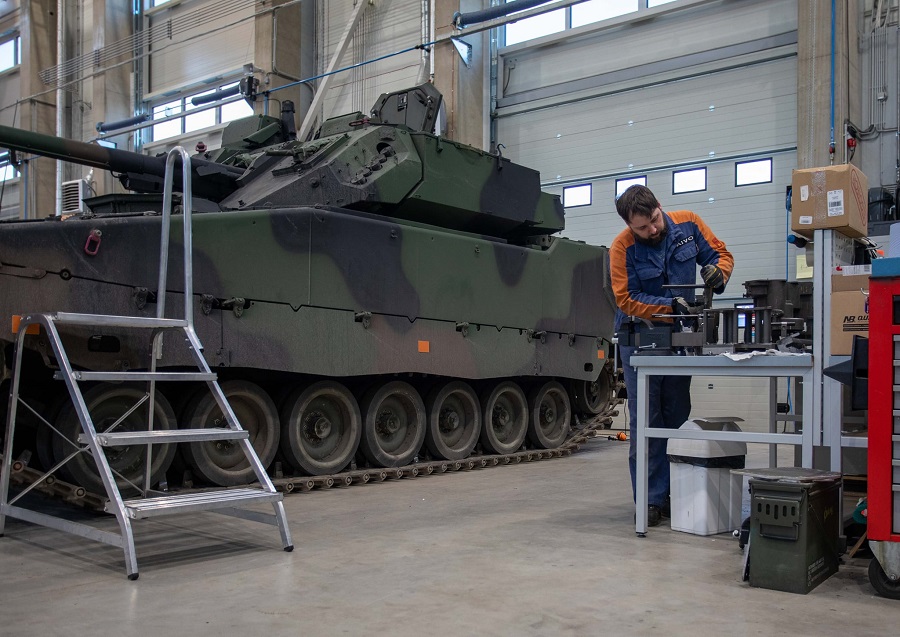
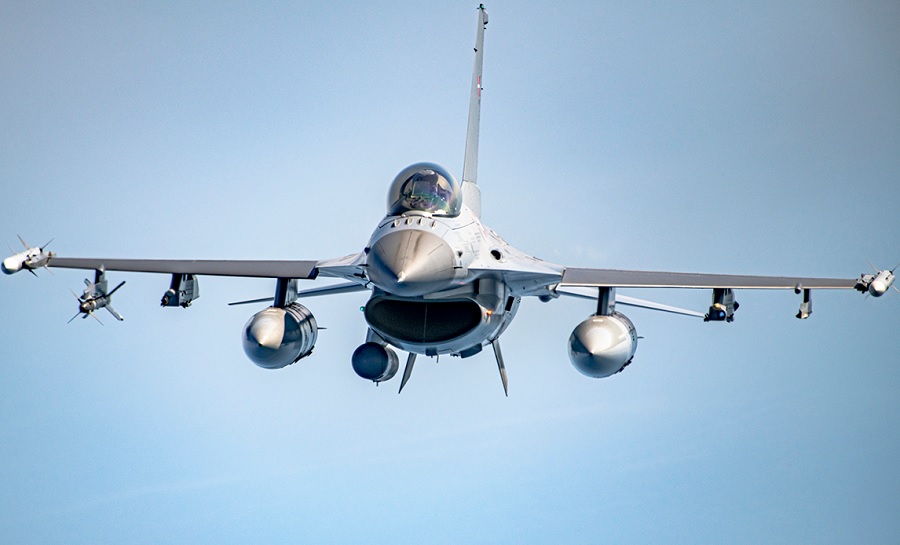
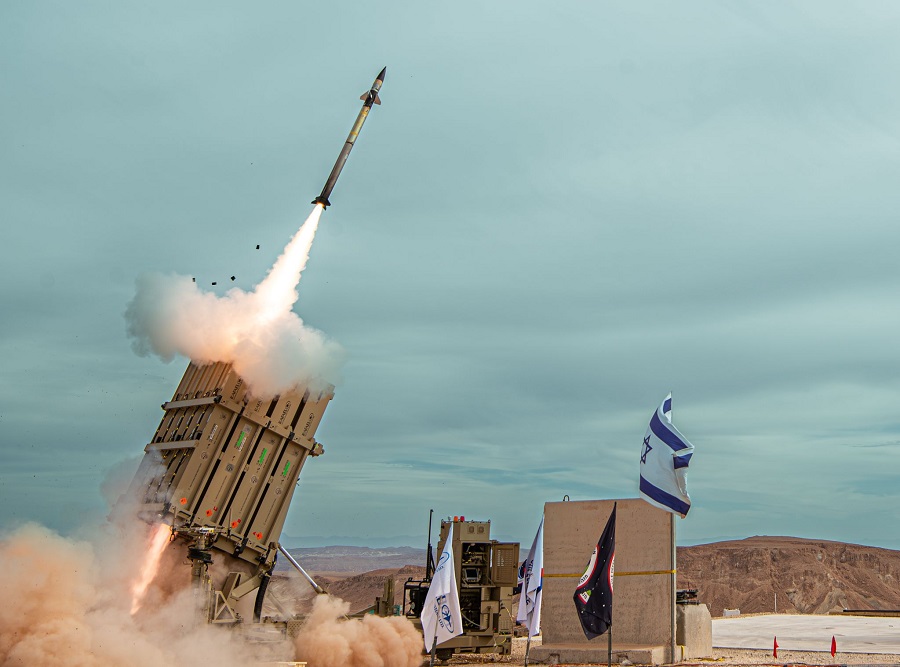
![MightyFly demonstrates autonomous cargo flight capabilities to U.S. Air Force [VIDEO]](https://defence-industry.eu/wp-content/uploads/2025/07/MightyFly-demonstrates-autonomous-cargo-flight-capabilities-to-U.S.-Air-Force-VIDEO.jpg)
